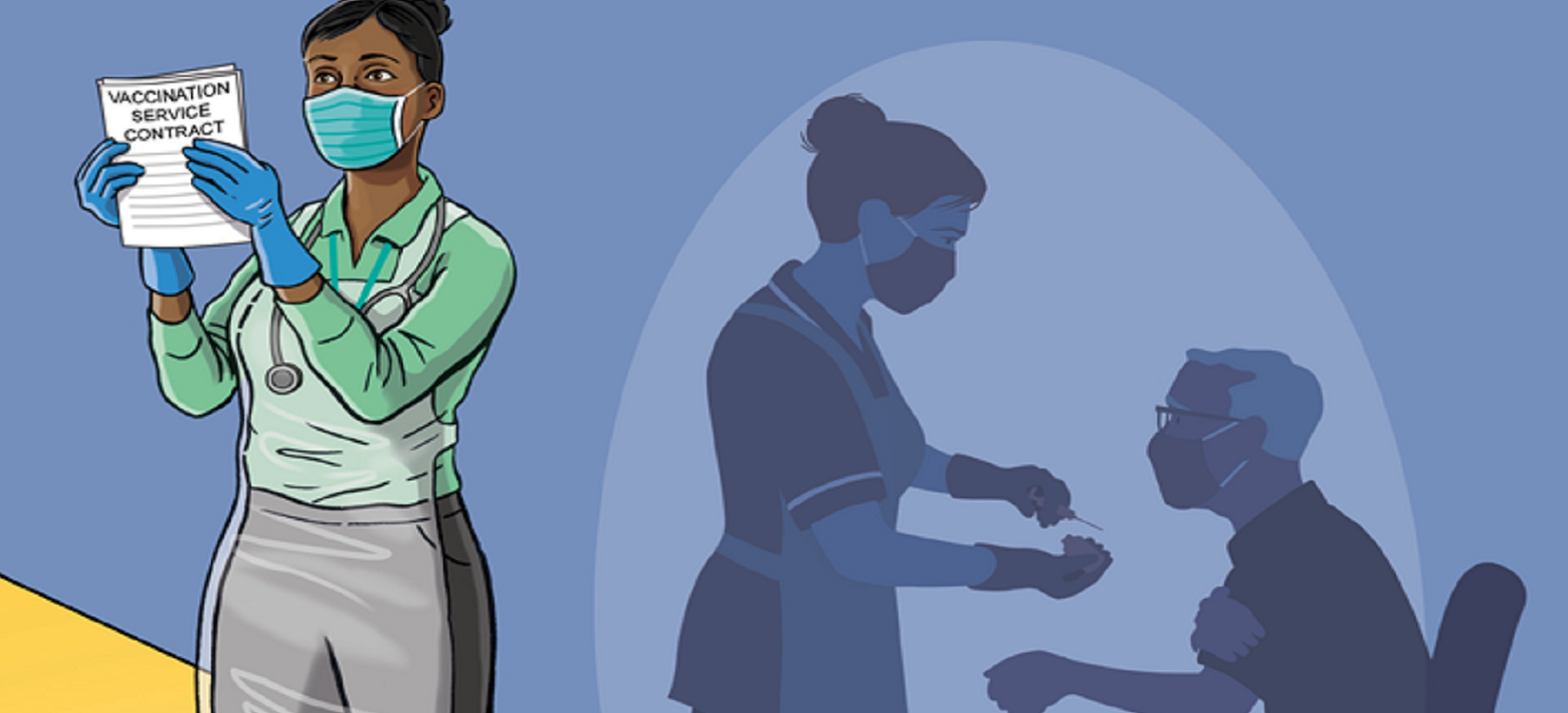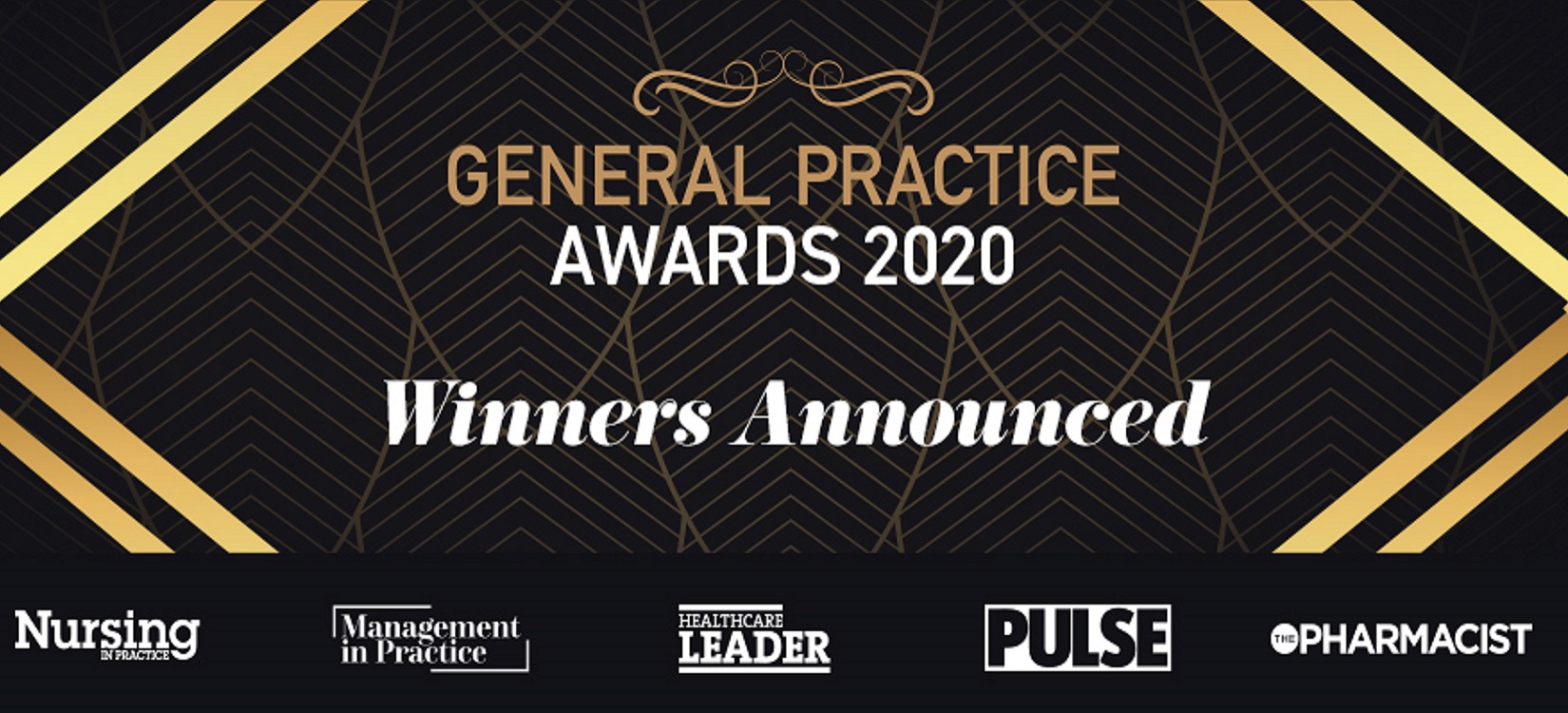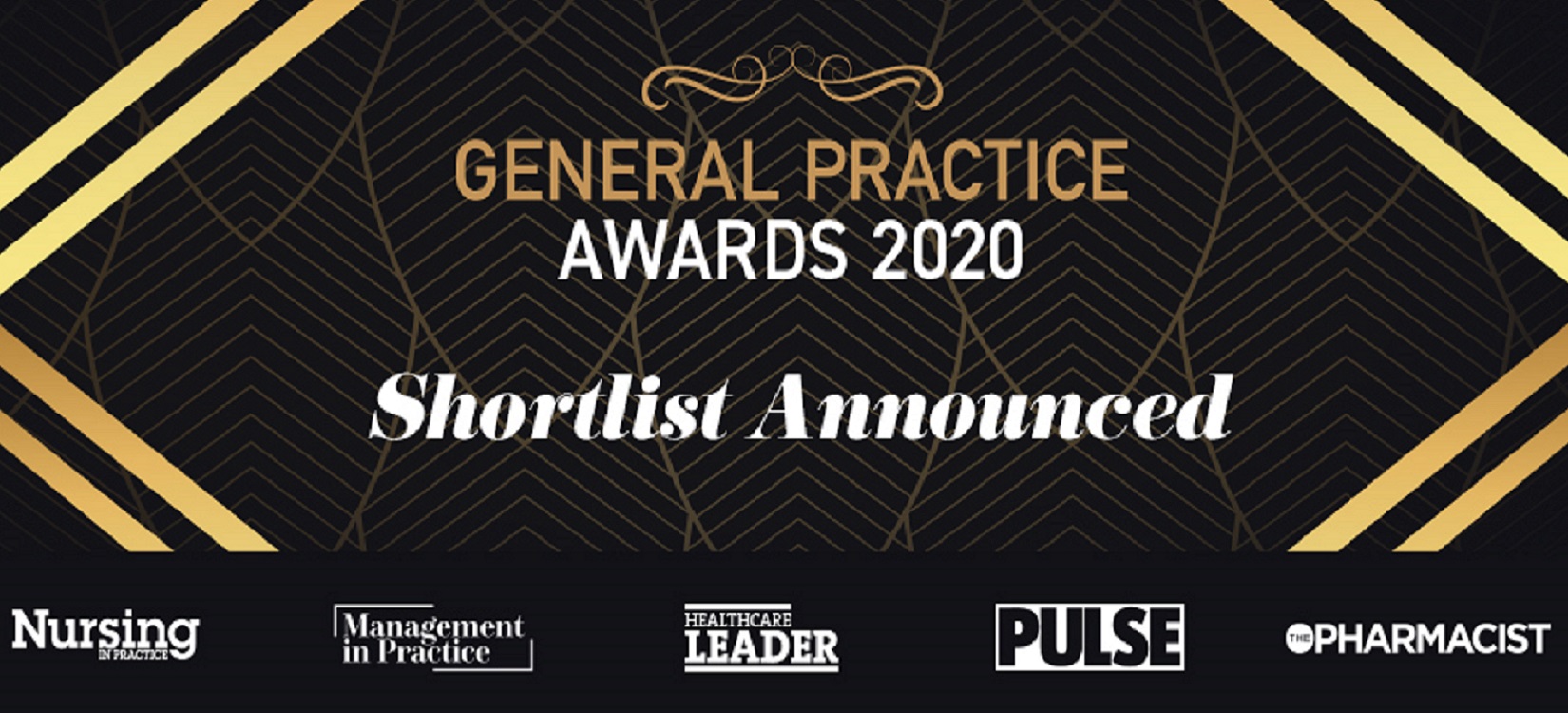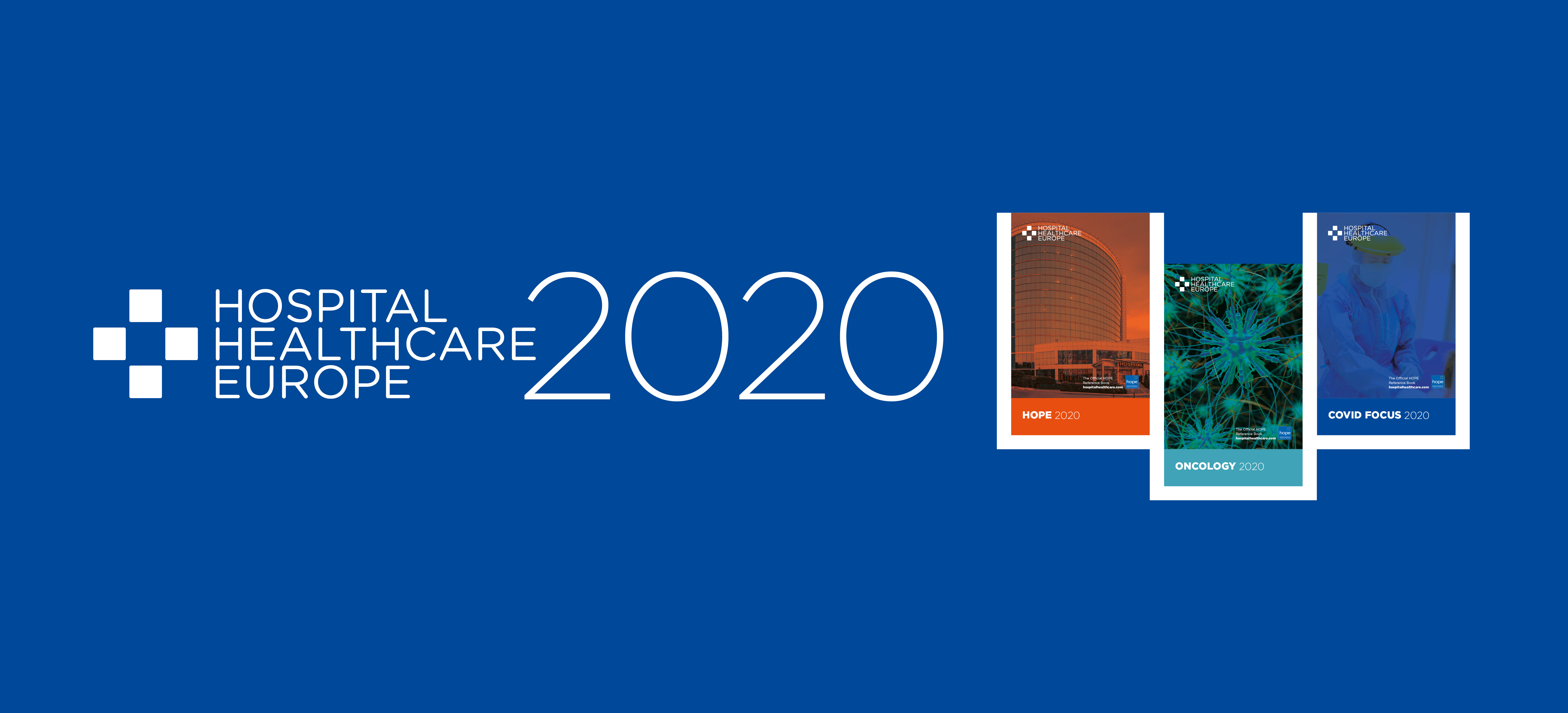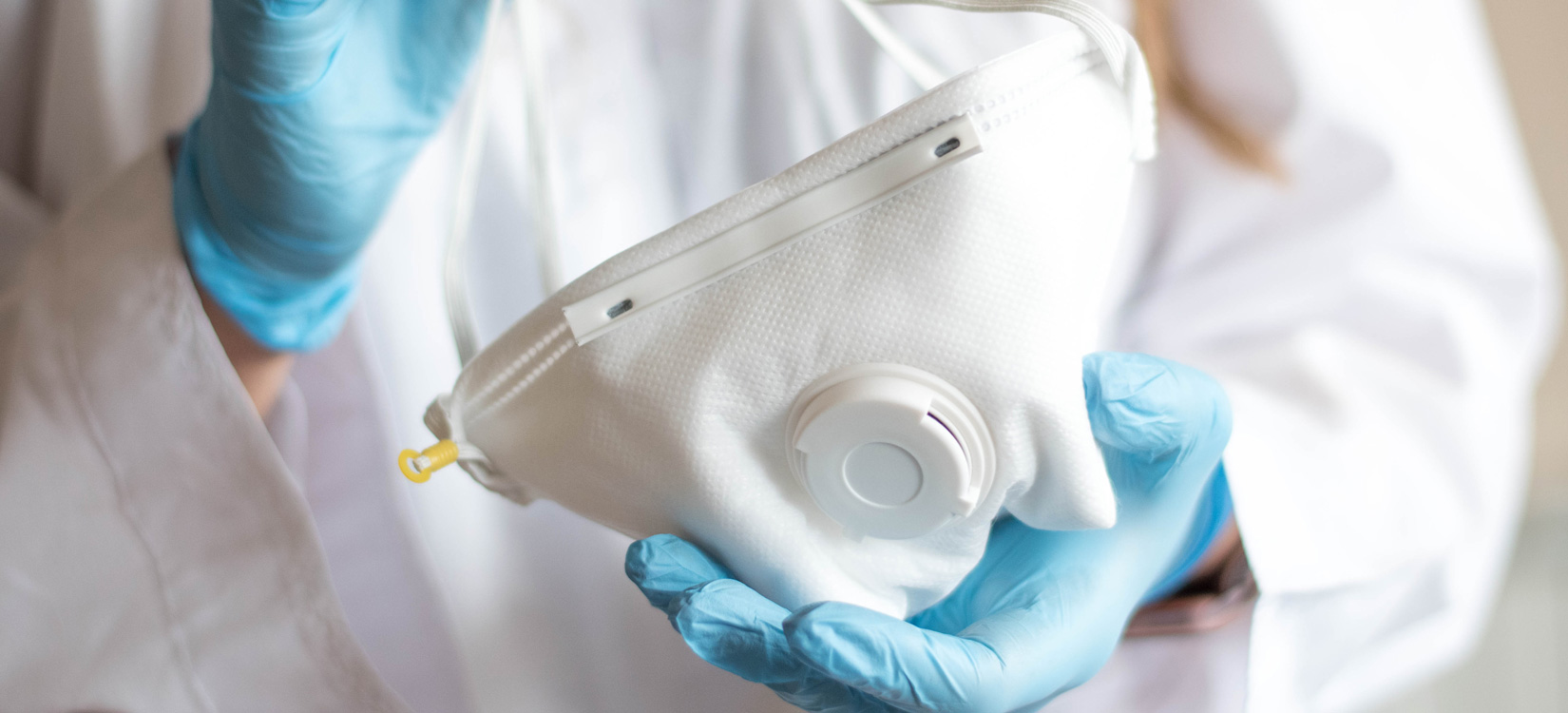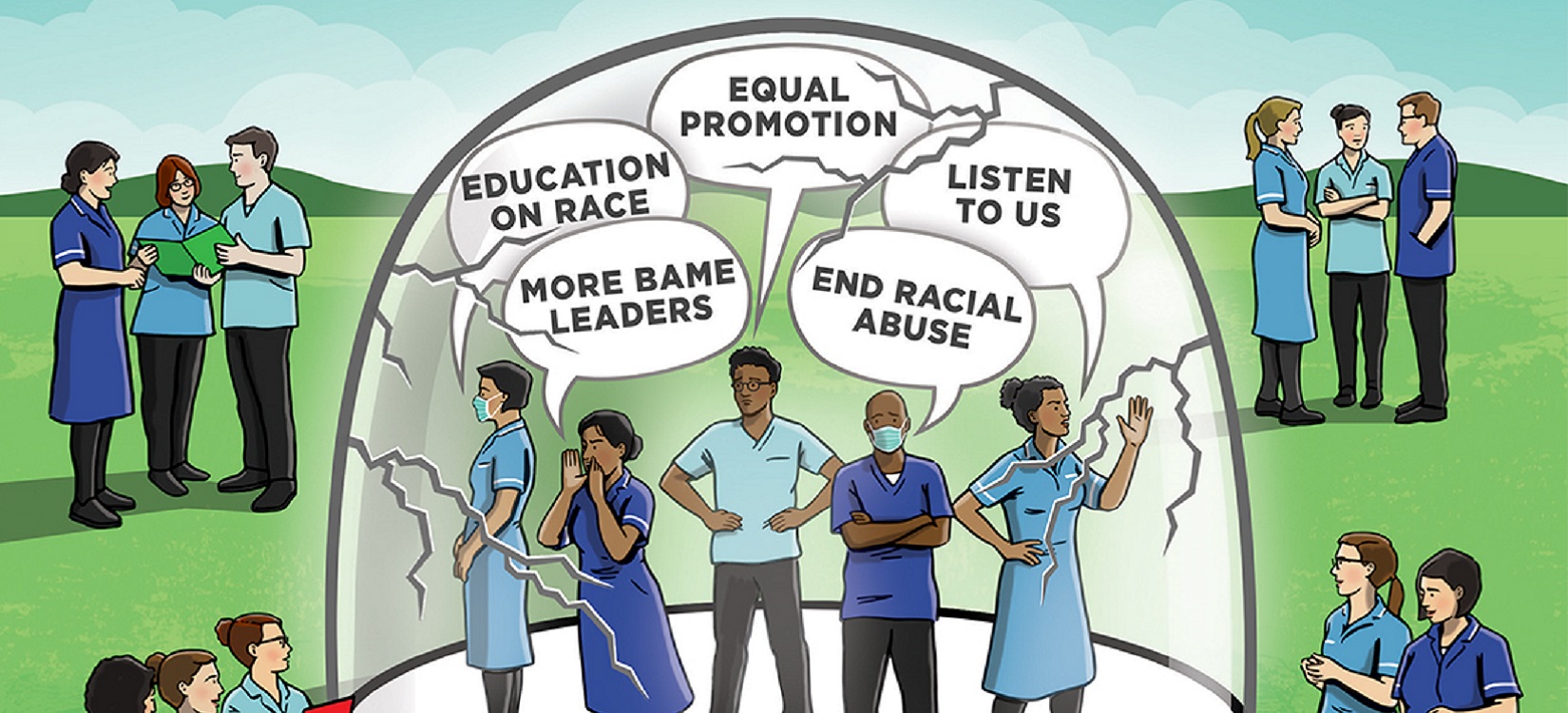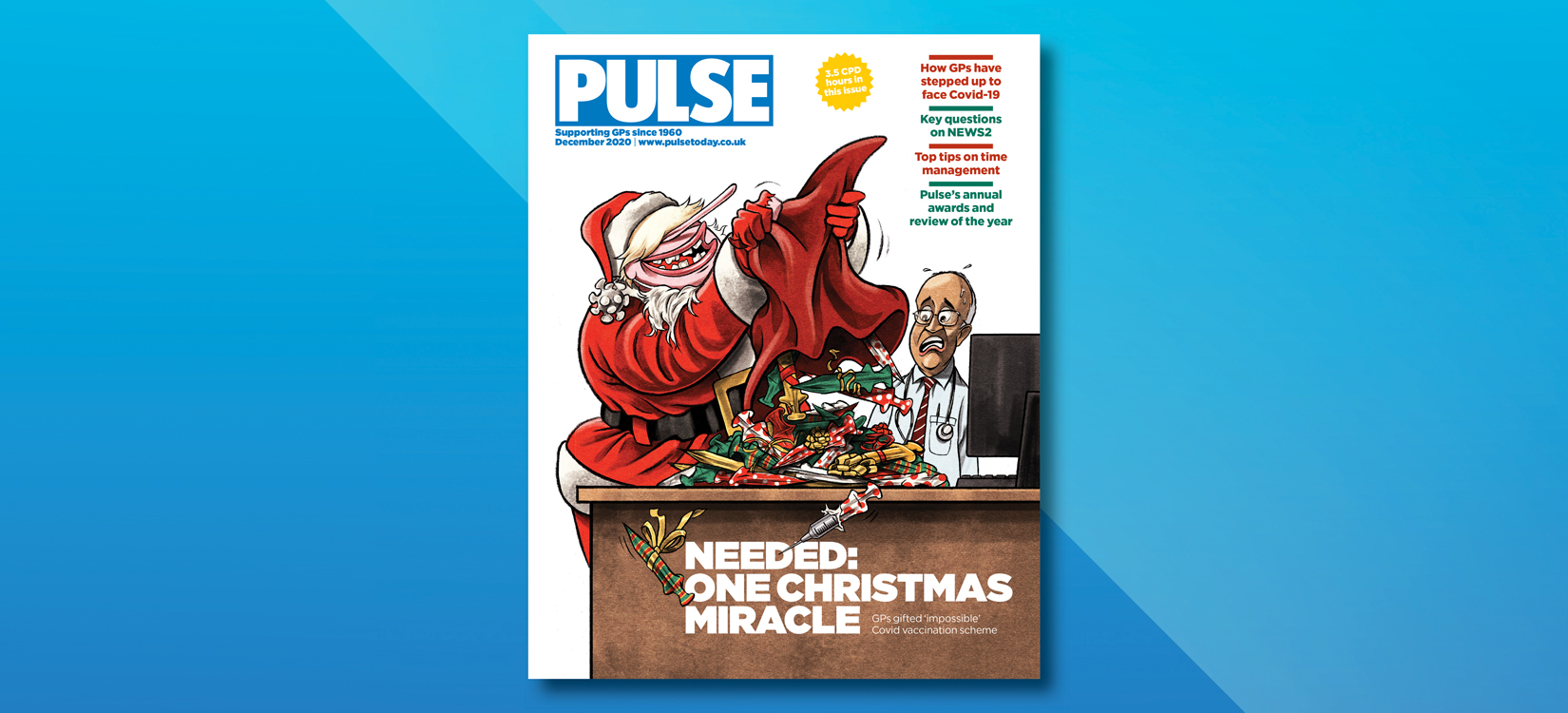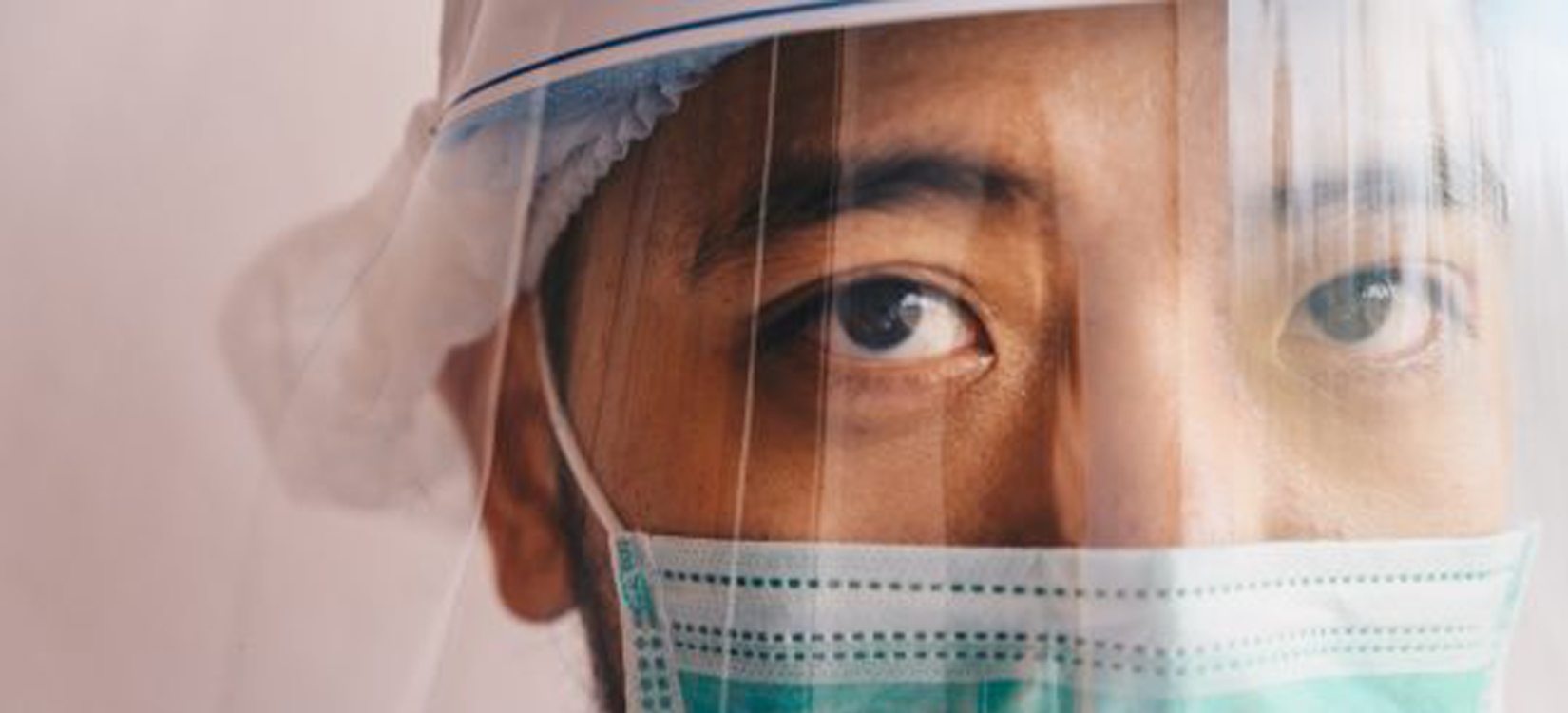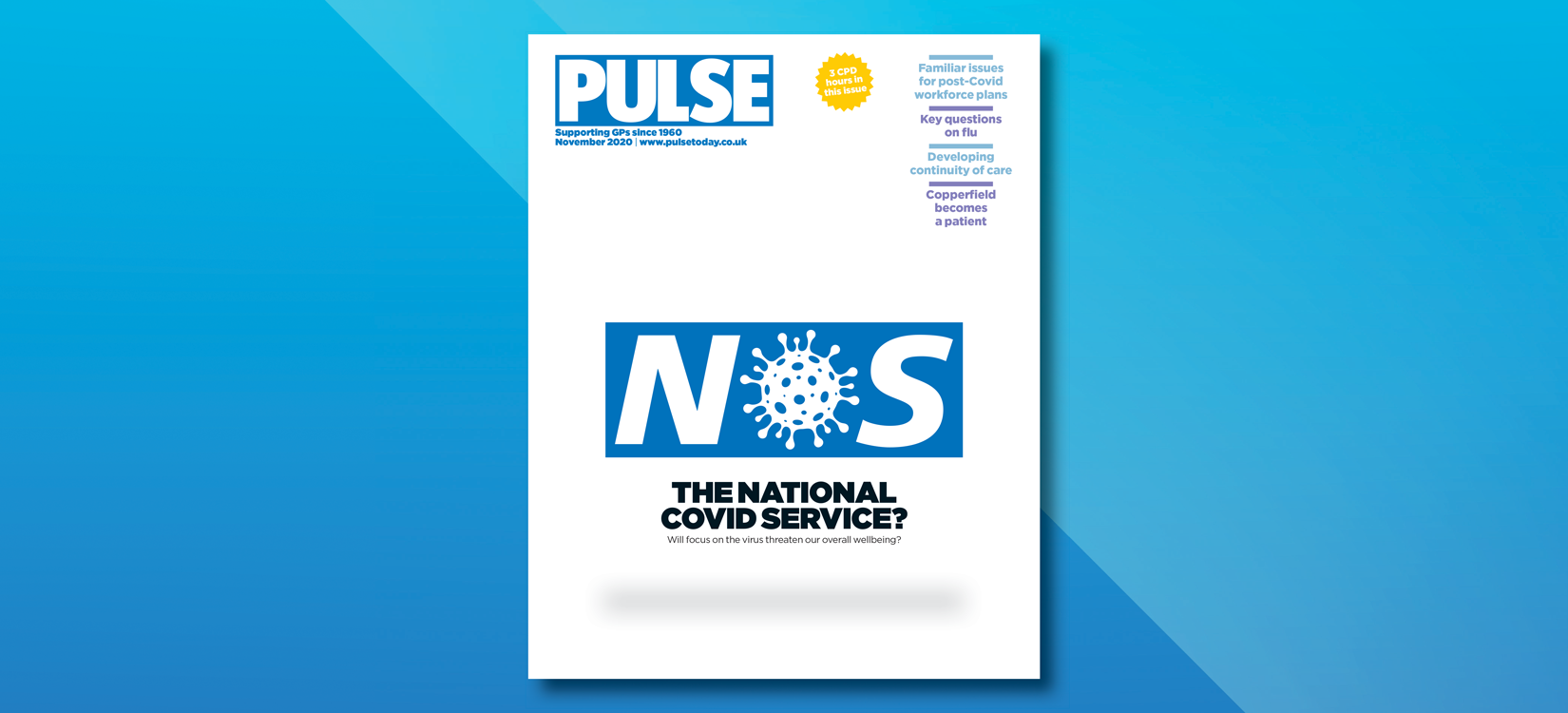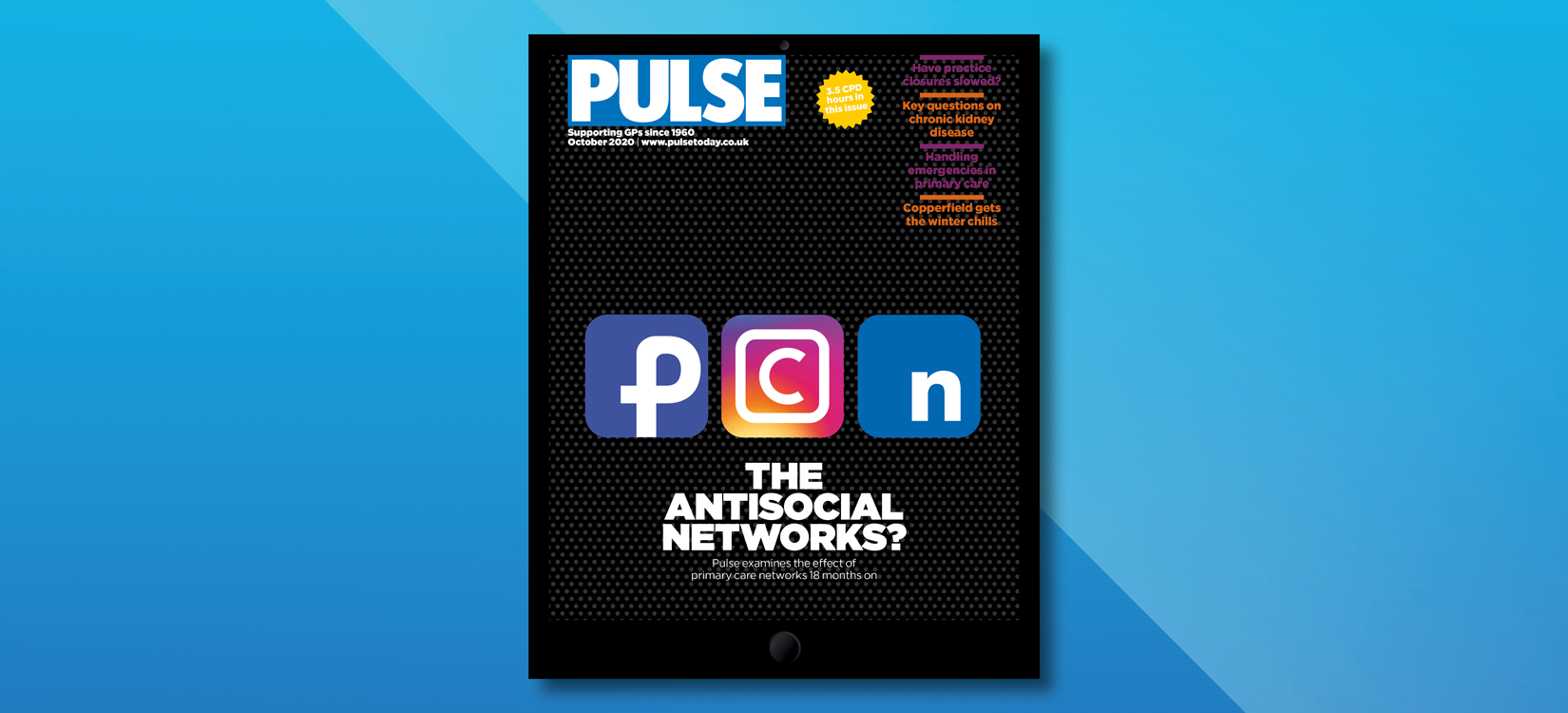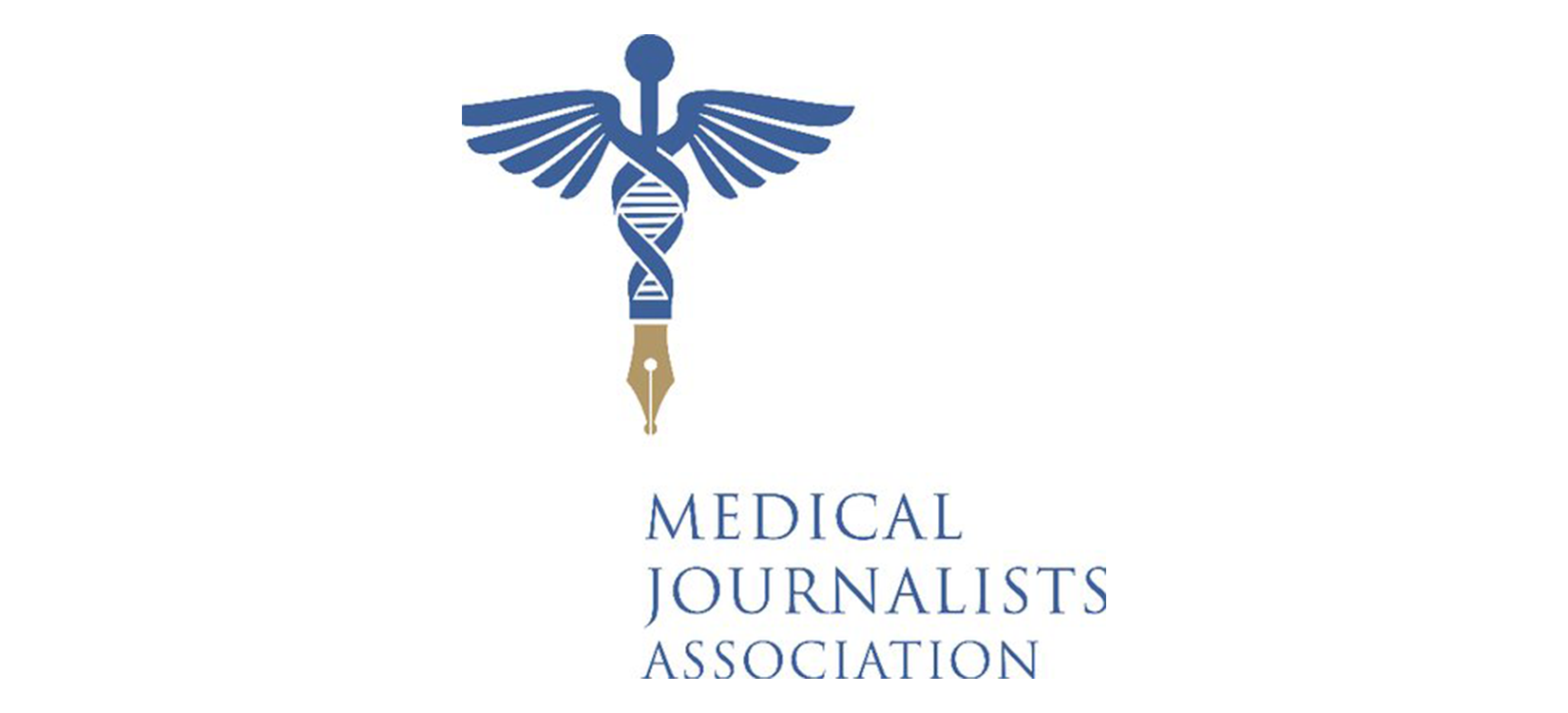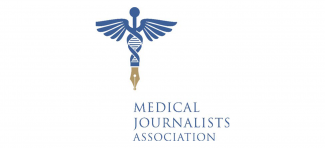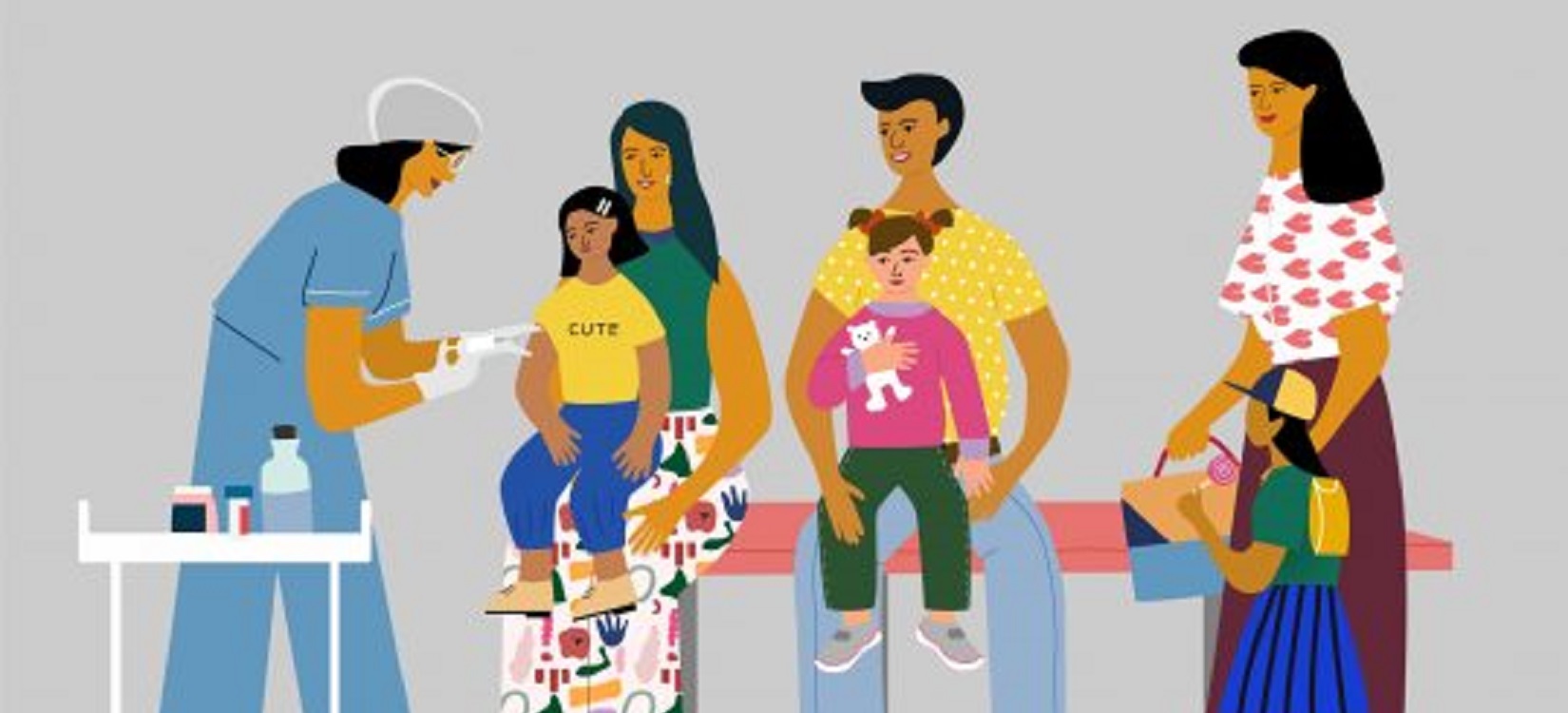The NHS’s newest organisations, primary care networks, are going to be central to the health service in the next few years, and Cogora has produced a new report revealing their leaders’ true feelings about the state of healthcare in England.
The report ‘Primary Care Networks: Controversy, Covid and collective working’, is based on a survey of around 200 clinical directors of the 1,250 PCNs across England, as well as in-depth interviews with them and integrated care systems leaders, who will be the lead commissioners of health services over the coming years.
PCNs have been further thrust into the limelight since the outbreak of the Covid pandemic, and now they are responsible for providing the bulk of the Covid vaccination programme – the biggest public health programme this country has ever seen.
The publication, with its unrivalled access to healthcare leaders, is intended to inform those working in healthcare about these new organisations, as well as support industry in staying up to date on how PCNs are evolving and how it can best engage, educate and support PCNs as their new NHS customer to improve local care.
The report highlights the effect PCNs have already had on primary care since they were established in July 2019, as well as analysing the adequacy of funding for PCNs, the effect of COVID-19 on the evolvement of the networks, and how other NHS structures and industry fit within this change of scenery.
It reveals that there is support among leaders for the project, with 68% of the PCN respondents feeling positive to very positive about it, but it also found that there are a number of challenges they are facing.
The workload involved in the role of clinical directors to manage their PCN is far more time-consuming than expected or costed. One big concern is that clinical directors spend more time on PCN work than they are funded for: around 61% spend more than nine hours a week on PCN work, which takes GPs away from frontline.
The additional roles reimbursement scheme (ARRS) that brings funding to hire pharmacists, social prescribers and other roles is far less flexible than one would have hoped for. Common concerns include struggling with recruitment for the specified roles, not being able to use all of the funding, inadequate funding, and staff that is needed is not included in the scheme, resulting in only 42% of the ARRS funding being used in 2019/20.
However, despite problems around funding, PCNs are clear as to what they expect to be spending their budgets on over the next five years. Clinical directors think PCNs should focus on mental health (40%), elderly care (36%), and diabetes and obesity care (14%).

